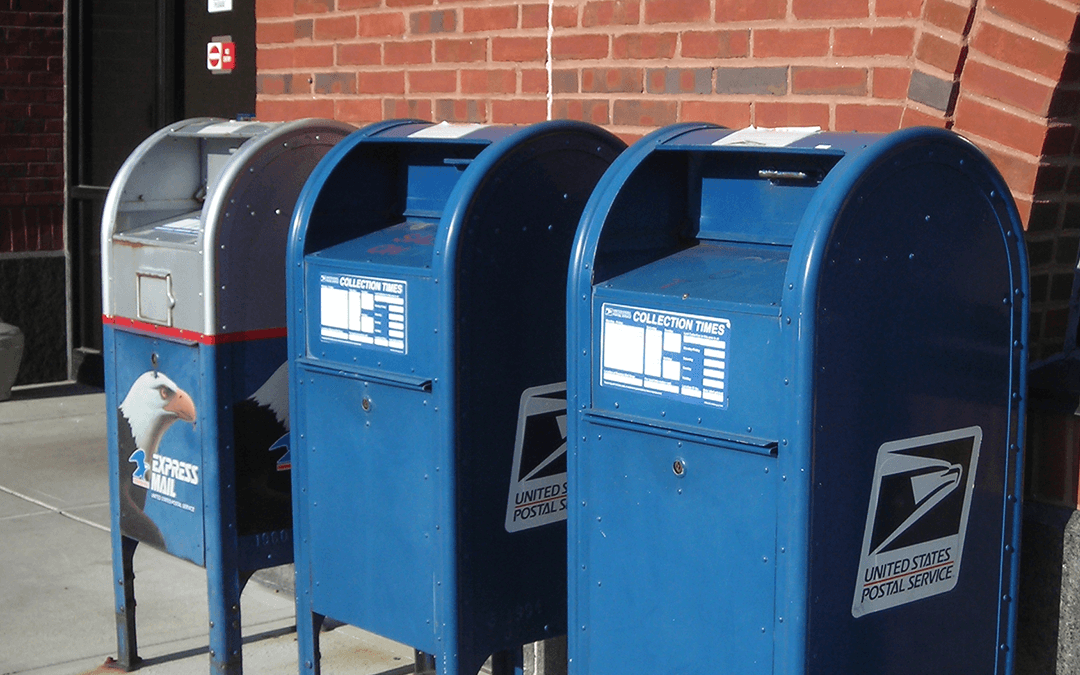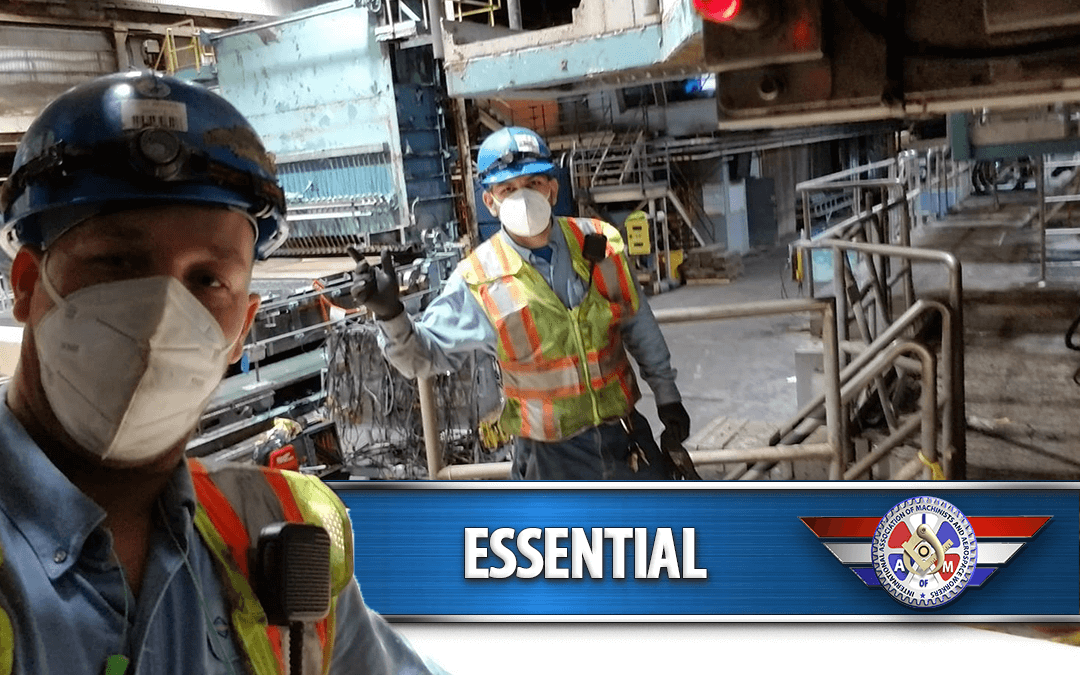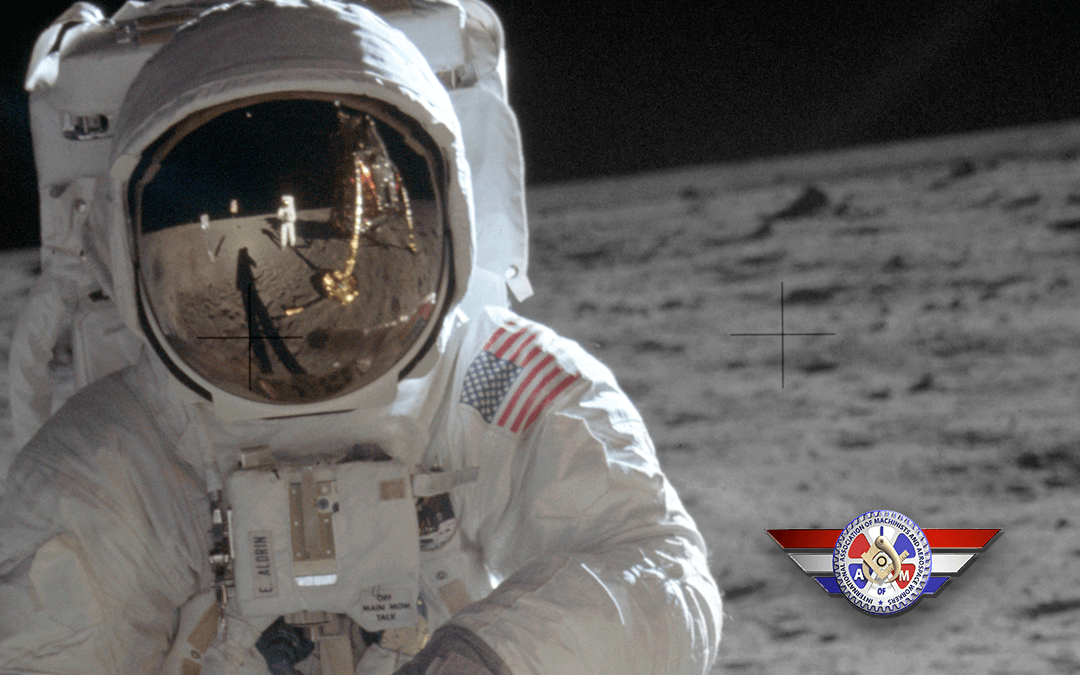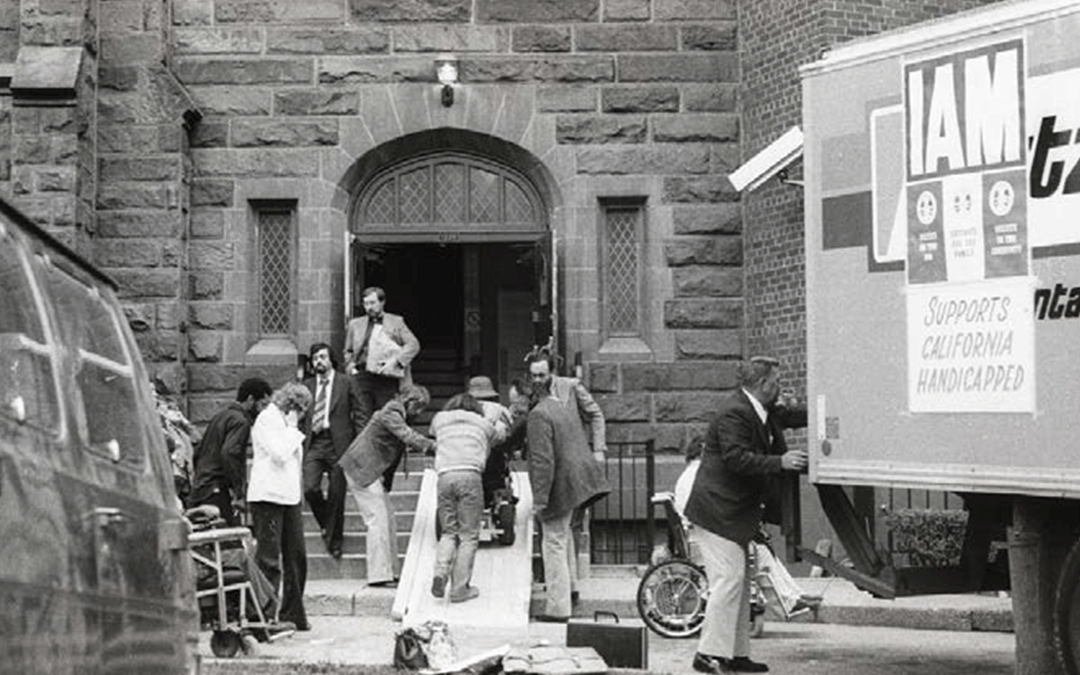
by Eric Price | Aug 19, 2020 | Featured News, GOIAM Stories, Row 2, Uncategorized
With passenger counts dropping, mail and cargo have become critical to the survival of airlines. Concerns are rising, however, about the future of mail in the US. The U.S. Postal Service (USPS) is an institution even older than our country. The USPS is an independent...

by Eric Price | Aug 14, 2020 | Airlines, Featured News, Front Page, GOIAM Stories, Row 2, Uncategorized
This week Reps. Rick Larsen (WA-02) and Ron Estes (KS-04) introduced The Aviation Manufacturing Jobs Protection Act of 2020. The bipartisan legislation helps prevent aerospace supply chain furloughs due to the COVID-19 pandemic by establishing a temporary relief...

by Eric Price | Aug 10, 2020 | Airlines, COVID, Featured, Featured News, Front Page, GOIAM Stories, MNPL, Organizing, Row 2, Uncategorized
The IAMAW, along with a coalition of airline unions, is gaining momentum on Capitol Hill. After securing support from a bipartisan majority of the U.S. House, the IAM needs your help convincing the Senate that they must act now to save hundreds of thousands of airline...

by Eric Price | Aug 3, 2020 | Airlines, American, COVID, Featured News, Front Page, GOIAM Stories, MNPL, Philippine, Row 2, Spirit, Uncategorized, United
The GOP has released the details of their latest COVID-19 relief legislation named the “HEALS Act.” The proposed legislation not only cuts unemployment benefits to the 20 to 30 million Americans who are currently out of work, but falls short in just about every area...

by Eric Price | Jul 30, 2020 | Featured, Front Page, GOIAM Stories, Organizing, Row 2, Uncategorized
On July 20, 1969, millions of people watched in awe as astronauts Edwin “Buzz” Aldrin and Neil Armstrong stepped foot on the moon for the first time. Aldrin, an honorary IAM member, was part of a three-man crew that flew a 240,000-mile flight aboard Apollo 11....

by Eric Price | Jul 27, 2020 | Community Service, Featured, Front Page, GOIAM Stories, MNPL, Safety, Safety, Uncategorized
The Sunday, July 26 anniversary of the signing of the 1990 Americans with Disabilities Act (ADA) is a good time to reflect on how to empower and support workers with differing abilities that we see and interact with every day, whether we realize it or not. The ADA is...







